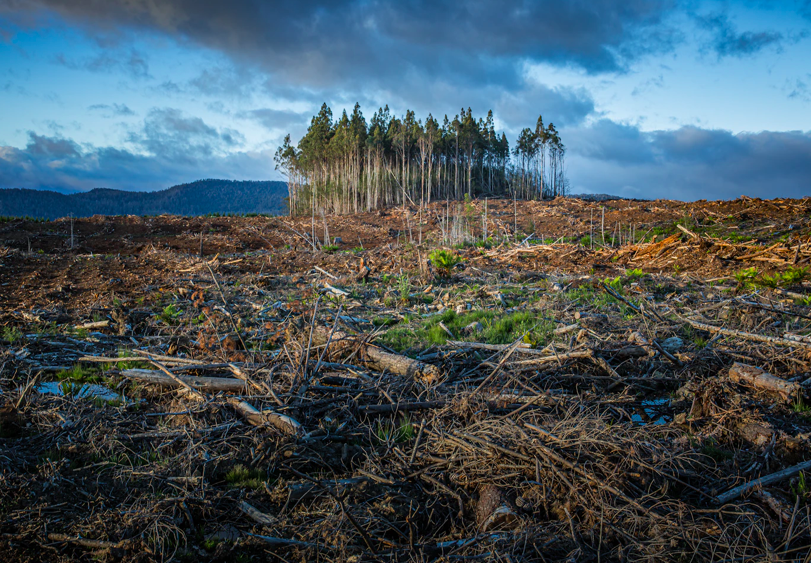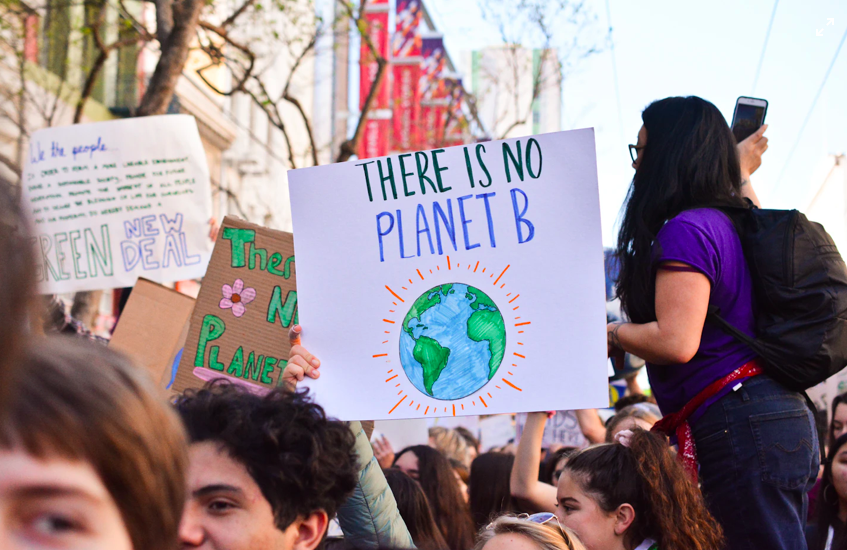Today we are facing a worrying intensification of the global crisis, a crisis that concerns climate change and the loss of biodiversity, as well as the problem of pollution and waste. The aim of the World Day is to think about the importance of the conservation of the environment to achieve a more conscious vision and responsible behavior by individuals, businesses and communities.
World Environment Day was proclaimed by the United Nations General Assembly to commemorate the first UN Conference on the Environment, held in Stockholm from 5 to 16 June 1972. The Conference on the Human Environment, better known as the Stockholm Conference, marked a turning point in the development of international environmental policy, in the aim of raising awareness and empowering governments and citizens on environmental issues.
Revive lands, end desertification, secure water
This year’s World Environment Day campaign is focused on land restoration, fighting desertification and drought resistance. Drought and desertification threaten the planet’s essential ecosystems, including freshwater ecosystems and soil, the connective tissue that makes life on Earth possible. Around 1.4 billion livelihoods worldwide depend directly on access to fresh water, including jobs related to the food and beverage, energy and water industries.
A fight against desertification
Desertification is one of the greatest environmental threats of our time. The term refers to the drying up of the land due to the reduction of rainfall, the expansion of agriculture, poor irrigation practices, deforestation and overgrazing. Climate change is exacerbating desertification: nowadays about 2 billion people live in arid areas vulnerable to desertification, which could displace about 50 million people by 2030. Desertification, floods, extreme weather conditions: climate change has consequences that are as diverse as they are consistent and part of a bigger worrying crisis system. If people are unable to grow food, they will have to move to an area where they can, increasing the risk of desertification and having negative effects on landscapes, wildlife and human health.
Revive the land, thanks to pollination
Plants have always relied on pollinators for their reproduction, the basic process for the conservation of biodiversity and life on Earth. Butterflies, flies, moths, wasps and other animals that contribute to pollination ignore that their relationship with the environment is a give and take. While feeding on pollen and nectar, with their flight from flower to flower, they allow a good part of vegetation to expand, renew and maintain its biological diversity.
Despite their importance, pollinators are in serious decline, mainly due to intensive agricultural practices, pesticide use, invasive species, disease and climate change. The current trend of loss of biodiversity is contributing to the worsening of desertification, with repercussions on food security, economy and human health. It is therefore important to know the importance of pollinators and to participate actively in their protection. At Beeing, we made this mission our identity: we develop educational projects with bees for the conservation of biodiversity. Come and join us!
What to keep in mind (and in your heart), from the World Environment Day
It’s important to bring home with us the goal of this Day: be united, as the present generation, and act for the protection of the environment so that future generations can also live on a safe and healthy planet. The message is that we are the first generation to fully understand the crisis that the planet is going through. And we may be the last to be able to see the land come to life. For this reason, we must be the generation that is actively engaged in restoring health to the Earth’s environments and resources. The slogan is “Our land. Our future. We are #GenerationRestoration“.
Involving present and future generations is now more important than ever in order to halt and reverse the alarming trends that are taking place and to meet global commitments. In particular, the commitment to restore 1 billion hectares of degraded land by 2030.
“We cannot go back in time, but we can cultivate forests, revive water sources and restore soil. We are the generation that can make peace with the earth”
From the #GenerationRestoration campaign for the World Environment Day
Source: World Environment Day official website

